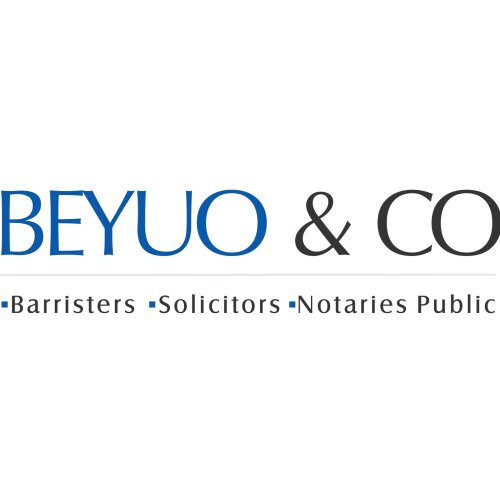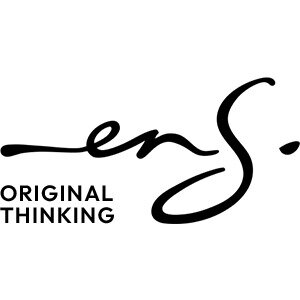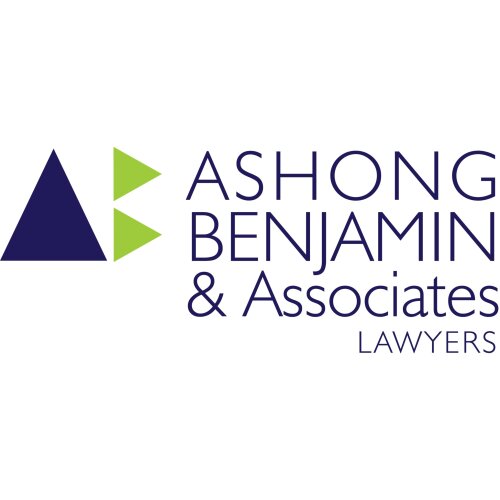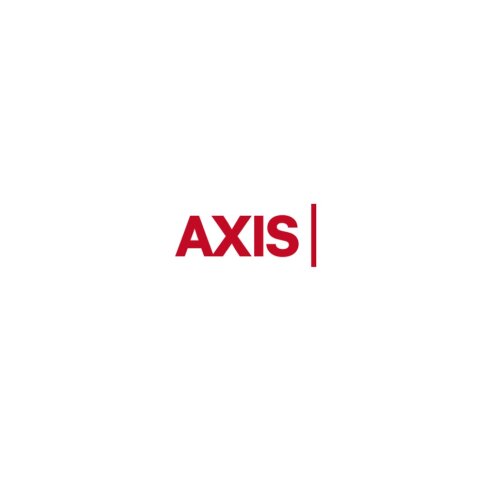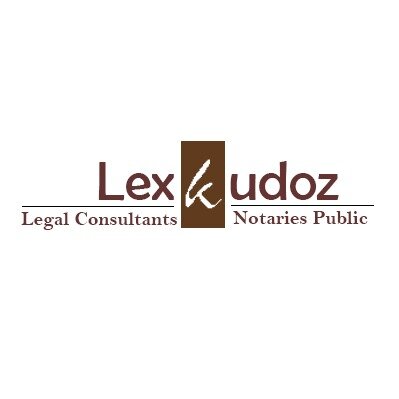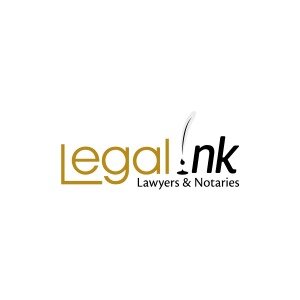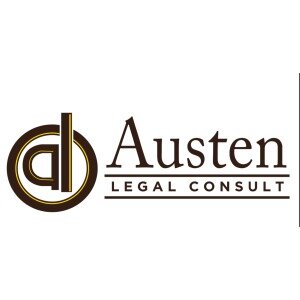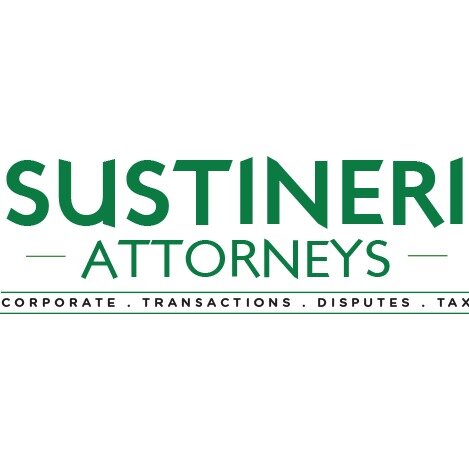Best International Trade Law Lawyers in Ghana
Share your needs with us, get contacted by law firms.
Free. Takes 2 min.
Or refine your search by selecting a city:
List of the best lawyers in Ghana
About International Trade Law in Ghana
International Trade Law in Ghana is structured around the broader framework of international agreements and national regulations that govern trade relations. Ghana, being a United Nations member and a Participant of the World Trade Organization (WTO), aligns its trade policies with international standards. The country has also embraced several bilateral and multilateral trade agreements, such as the Africa Continental Free Trade Area (AfCFTA) agreement, to boost trade within the region. The implementation of International Trade Law in Ghana aims to facilitate smooth import and export activities while protecting the local industries and ensuring compliance with international obligations.
Why You May Need a Lawyer
Engaging a lawyer for International Trade Law in Ghana is crucial in various scenarios. Legal expertise can help navigate the complexities of customs procedures, trade tariffs, and compliance with local and international regulations. A lawyer can assist businesses in drafting and negotiating contracts and ensuring compliance with trade agreements. Companies facing disputes, either within Ghana or with international partners, may also require legal intervention to resolve issues and protect their interests effectively.
Local Laws Overview
Some key aspects of local laws relevant to International Trade Law in Ghana include customs and excise regulations, import and export licensing requirements, and compliance with safety and environmental standards. The Ghana Revenue Authority plays a significant role in enforcing customs laws, collecting tariffs, and ensuring that imports and exports meet all legal requirements. Intellectual property rights protection and consumer protection laws also play a part in the trade framework to ensure fair trade practices.
Frequently Asked Questions
What is the primary regulatory body for International Trade in Ghana?
The Ministry of Trade and Industry, alongside the Ghana Revenue Authority, is the primary regulatory body overseeing trade activities in Ghana.
How does Ghana ensure compliance with international trade agreements?
Ghana aligns its national trade regulations with standards established by international agreements such as the WTO, and implements laws to enforce these standards domestically.
What licensing is required for importing goods into Ghana?
Importers may require an import license and must comply with various documentation requirements, including customs declarations and certificates of origin.
How are trade disputes resolved in Ghana?
Trade disputes can be resolved through negotiations, arbitration, or court proceedings, with legal counsel often advising on the most suitable approach.
Are there specific tariffs imposed on goods imported into Ghana?
Yes, Ghana imposes various tariffs on imported goods, which vary based on the type of goods, origin, and existing trade agreements.
What are the intellectual property rights that traders need to be aware of?
Traders need to be aware of copyright, trademark, and patent laws and should ensure that their products and business practices comply with these rights.
Can foreign businesses operate without a local partner in Ghana?
Yes, foreign businesses can operate in Ghana independently; however, they must adhere to Ghanaian laws and regulations for foreign businesses.
What is the role of the Ghana Export Promotion Authority?
The Ghana Export Promotion Authority facilitates the promotion and development of Ghana's non-traditional exports.
How does the Ghanaian government support export activities?
The government provides support through policy initiatives, financial incentives, and infrastructure development to promote exports.
Can legal assistance expedite customs clearance processes?
Yes, legal professionals can help ensure all paperwork is in order, potentially expediting customs clearance by preventing delays commonly associated with compliance issues.
Additional Resources
For further assistance, consider consulting resources such as the Ghana Export Promotion Authority, the Ghana Revenue Authority, and the Ministry of Trade and Industry. Professional organizations like the Ghana Chamber of Commerce can also provide valuable insights and networking opportunities for businesses.
Next Steps
If you need legal assistance in International Trade Law, the first step is to consult with a legal expert or law firm specializing in this area. They can provide tailored advice based on your specific circumstances. It is also beneficial to conduct a preliminary assessment of your trade practices to identify potential compliance issues. Investing in legal guidance early can help mitigate risks and streamline your international trade operations.
Lawzana helps you find the best lawyers and law firms in Ghana through a curated and pre-screened list of qualified legal professionals. Our platform offers rankings and detailed profiles of attorneys and law firms, allowing you to compare based on practice areas, including International Trade Law, experience, and client feedback.
Each profile includes a description of the firm's areas of practice, client reviews, team members and partners, year of establishment, spoken languages, office locations, contact information, social media presence, and any published articles or resources. Most firms on our platform speak English and are experienced in both local and international legal matters.
Get a quote from top-rated law firms in Ghana — quickly, securely, and without unnecessary hassle.
Disclaimer:
The information provided on this page is for general informational purposes only and does not constitute legal advice. While we strive to ensure the accuracy and relevance of the content, legal information may change over time, and interpretations of the law can vary. You should always consult with a qualified legal professional for advice specific to your situation.
We disclaim all liability for actions taken or not taken based on the content of this page. If you believe any information is incorrect or outdated, please contact us, and we will review and update it where appropriate.
Browse international trade law law firms by city in Ghana
Refine your search by selecting a city.




